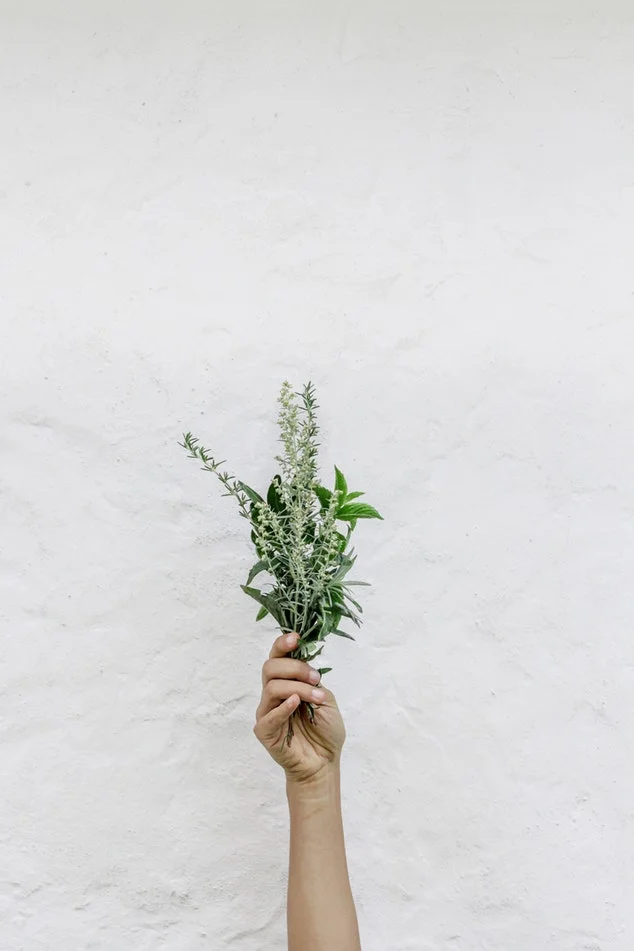An Introduction to Herbalism: Working with the Healing Gifts of our Creator
Herbal remedies are the most widespread system of medicine worldwide. In many developed countries, that knowledge was almost lost, but the last couple of decades have witnessed a revival in curiosity and remembrance of the power of herbal remedies. Reverting back to the practices of the past, more and more people are recognising the bountiful healing properties of herbal remedies.
“Let food be thy medicine, and medicine be thy food” - Hippocrates
Herbs can be a satisfying part of a more holistic template for living and thriving in our modern-day matrix. Many herbs are of course the starting point of much of the Western medicine used today. When used with reverence, respect, and discernment, herbal remedies are a safe and effective form of healing provided by our unfathomably intelligent Creator.
If we can treat colds, flu or minor injuries in the early stages,, we can often prevent the development of something more serious and avoid using conventional drugs with the risk of side effects. Learning which herbs work for us enables us to learn more about our natural habitat, this beautiful, rich and abundant planet that we call home. It allows us to get to know our Creator more intimately, giving thanks and appreciation for all that is so abundantly provided.
Herbal medicines work on a simple biochemical level. They trigger neurological reactions in the body and so directly affect its organs and systems. Herbs fulfil three classic functions: they cleanse, they heal and they nourish. Before the body can bring itself back to health, it needs to rid itself of the toxins and dead and decaying matter that litter the body. Herbs can be used as diuretics, laxatives and blood purifiers to help the processes of elimination and detoxification. The next step is to guide the body back to optimum health: herbs are used to stimulate the body’s own self-healing powers and to combat the underlying causes of illness. Thirdly, herbs are used to tone the various organs and to nourish all systems of the body, allowing our vessel to keep balanced.
The aim is that, by receiving the healing medicine of herbs over a period of time in moderate doses, the biochemical responses of the body will become automatic and it will start renewing for itself again even without the continuation of herbal use.
What can herbalism help with?
Herbalism is used for a wide range of acute and chronic conditions
Herbs can support detoxifying - cleansing and purifying the body
Herbal tonics can provide a boost and improve energy levels
Herbs can be used to ease aches and pains; headaches and migraines; ear, nose and throat issues in addition to skin conditions
Allergic conditions can often be soothed
Urinary disorders, gynaecological problems and digestive issues
Respiratory and circulation problems
Boost the immune system and help to fend off infections
Can be very useful in pregnancy and childbirth (please seek guidance on this and be aware of which herbs to also avoid)
If herbalism is something which calls to you and you would like to learn more about you may like to book in for a session with a local practitioner. You can expect a physical check up and also answer questions about current symptoms of imbalance and a medical history. It tends to be a very detailed consultation - your blood pressure may be taken, and heart and chest listened to with a stethoscope. You may have your ears, nose, throat and eyes examined; and your abdomen may be palpated to gauge bowel tone. Herbs will be prescribed - usually in tincture form (you dilute them in water and swallow). You may be given dried herbs to make an infusion (steeped in boiling water like tea) or a decoction (boiled down from a concentrate). Sometimes pills, lotions and creams are prescribed.
